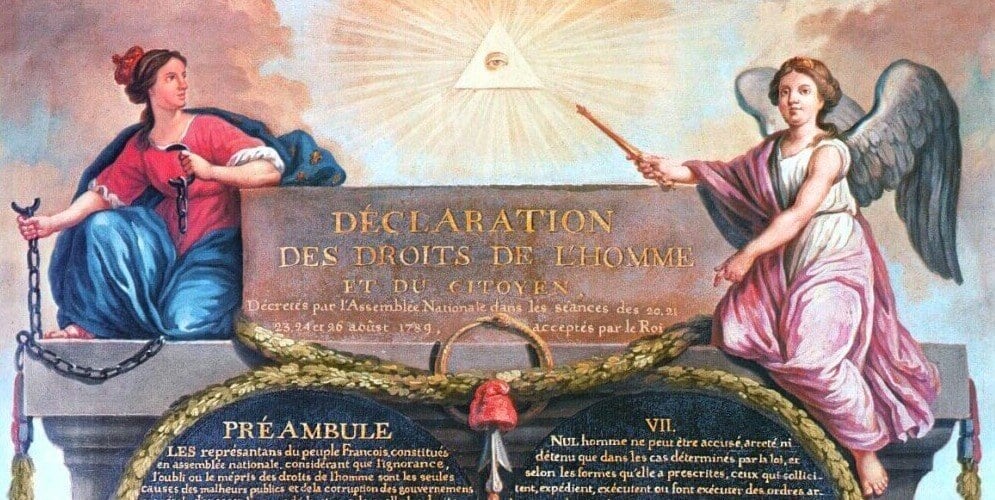“The reason there is such a thing as value in the world is that there are in the world beings who matter to themselves: who experience and pursue their own good. Were there no such beings, there would be no such thing as value. Were there no such beings, nothing would matter. But we are not the only such beings. We are the beings who create the order of moral values, the beings who choose to ratify and endorse the natural concern that all animals have for themselves. But what we ratify and endorse is a condition shared by the other animals. So we are not the only beings who matter. We are the only beings who on behalf of all animals can shake our fists at the uncaring universe, and declare that in spite of everything we matter.”
With these words, the brilliant Kantian moral philosopher Christine Korsgaard concluded the 2004 Tanner Lectures on Human Values. These words are beautiful, in that they conceive of life as meaningful and humanity as important. These words are inspiring, in that they call us to a greater appreciation for other creatures who share in one common life.
Login to read more
Sign in or create a free account to access Subscriber-only content.
Topics:
